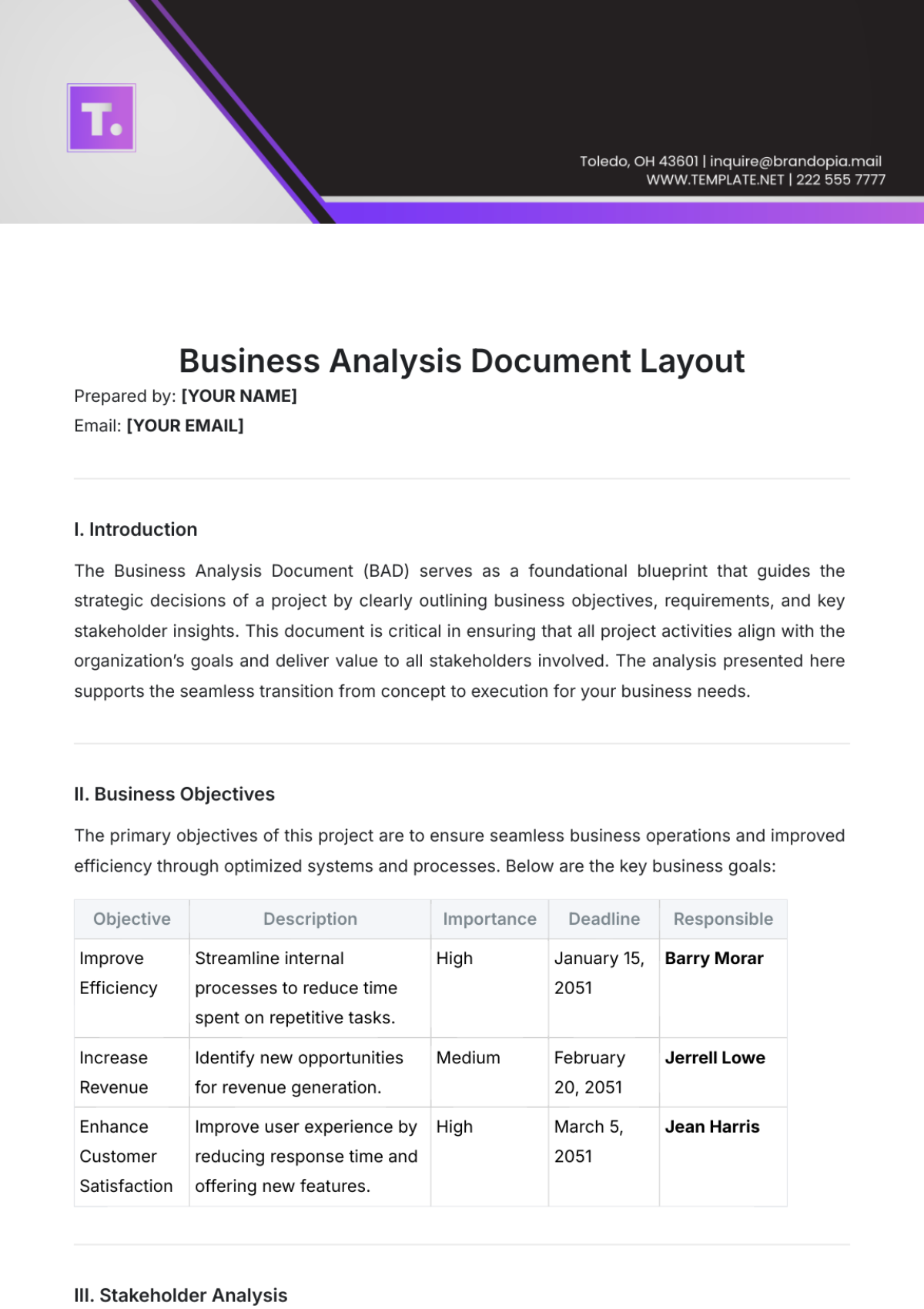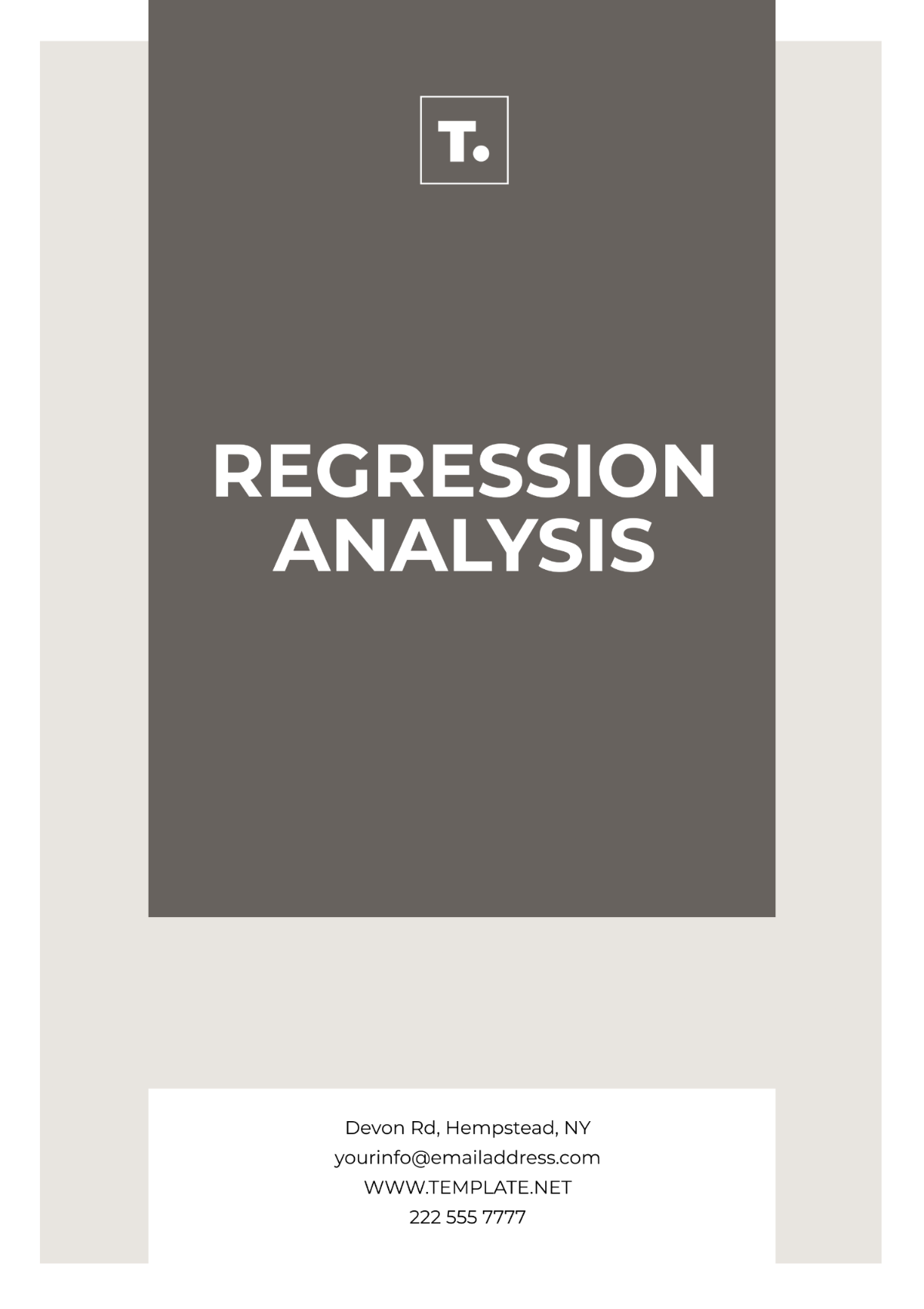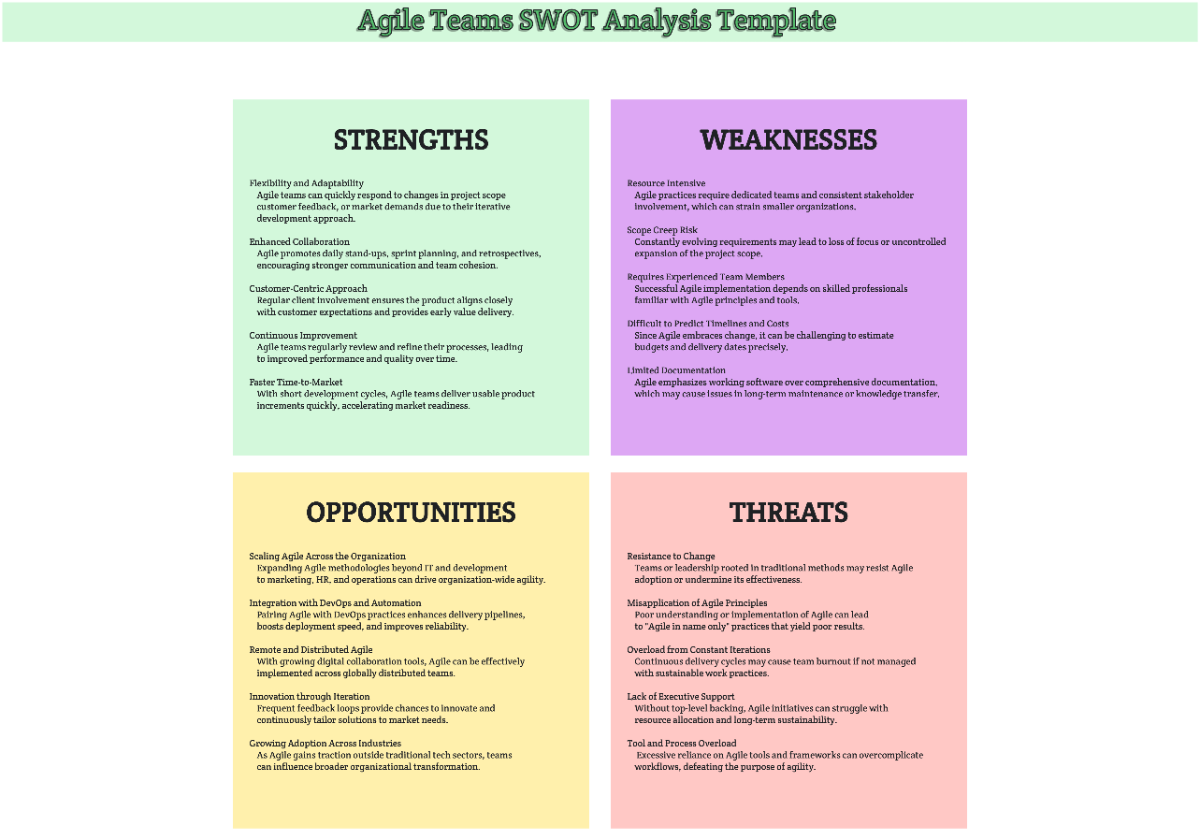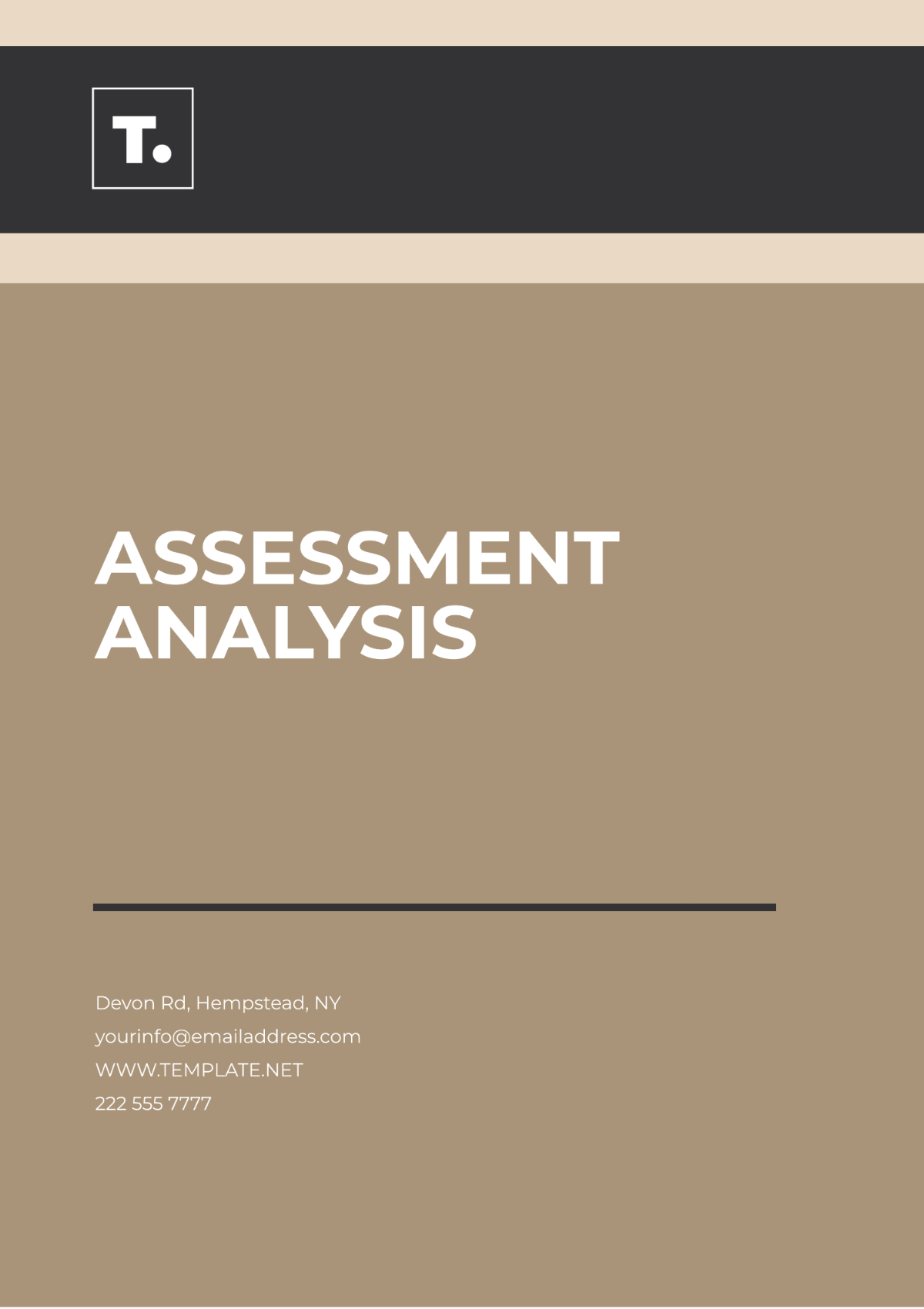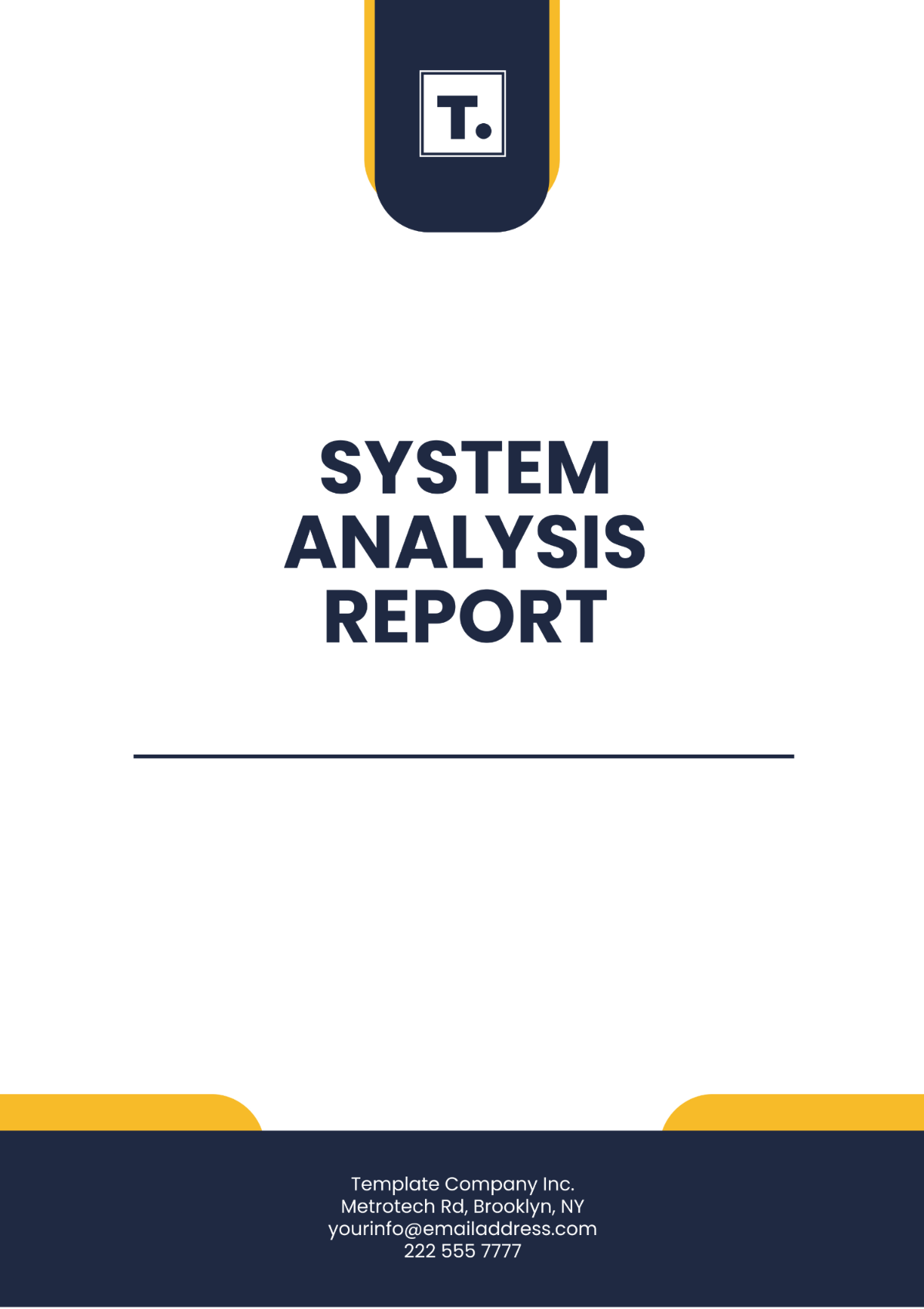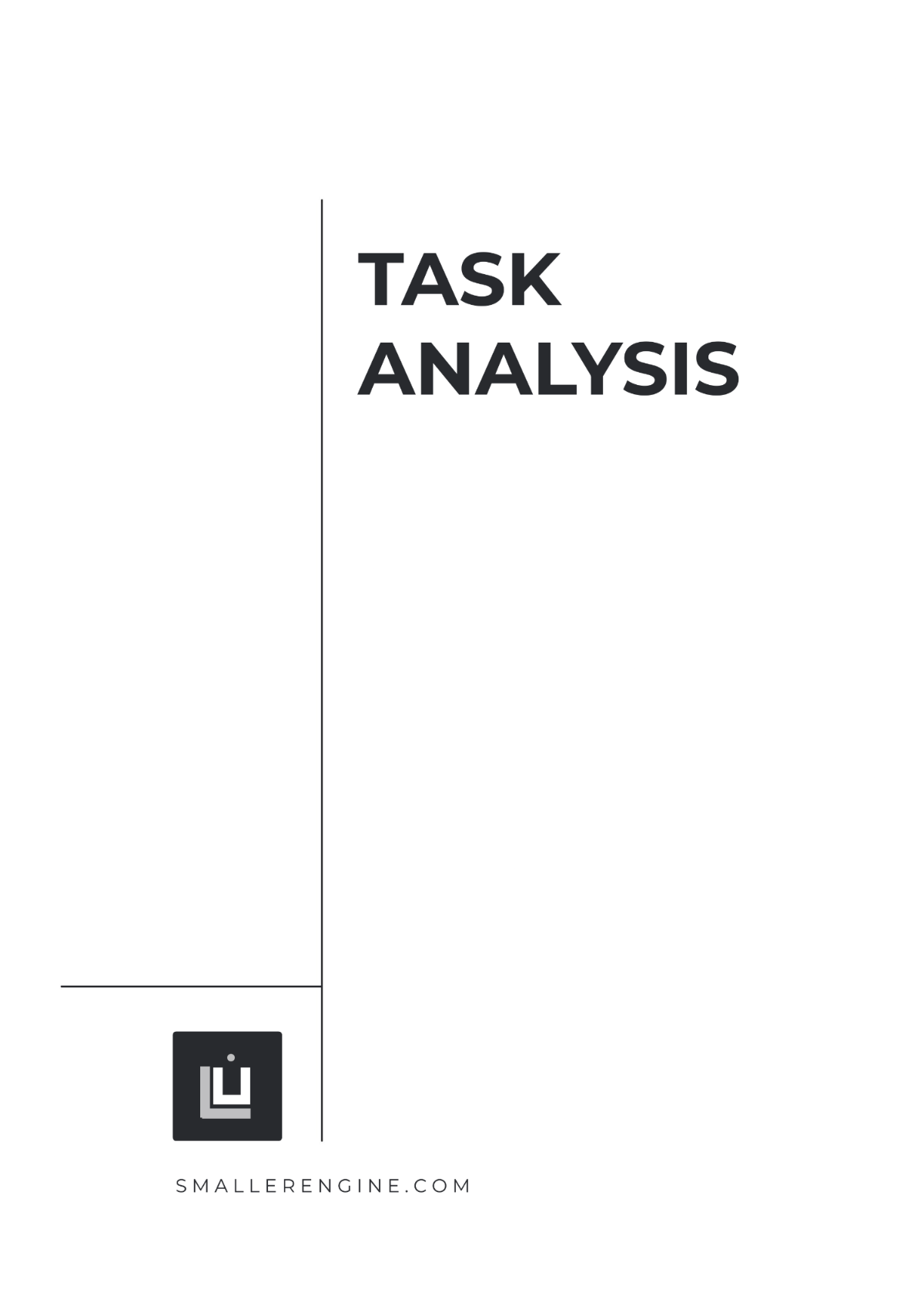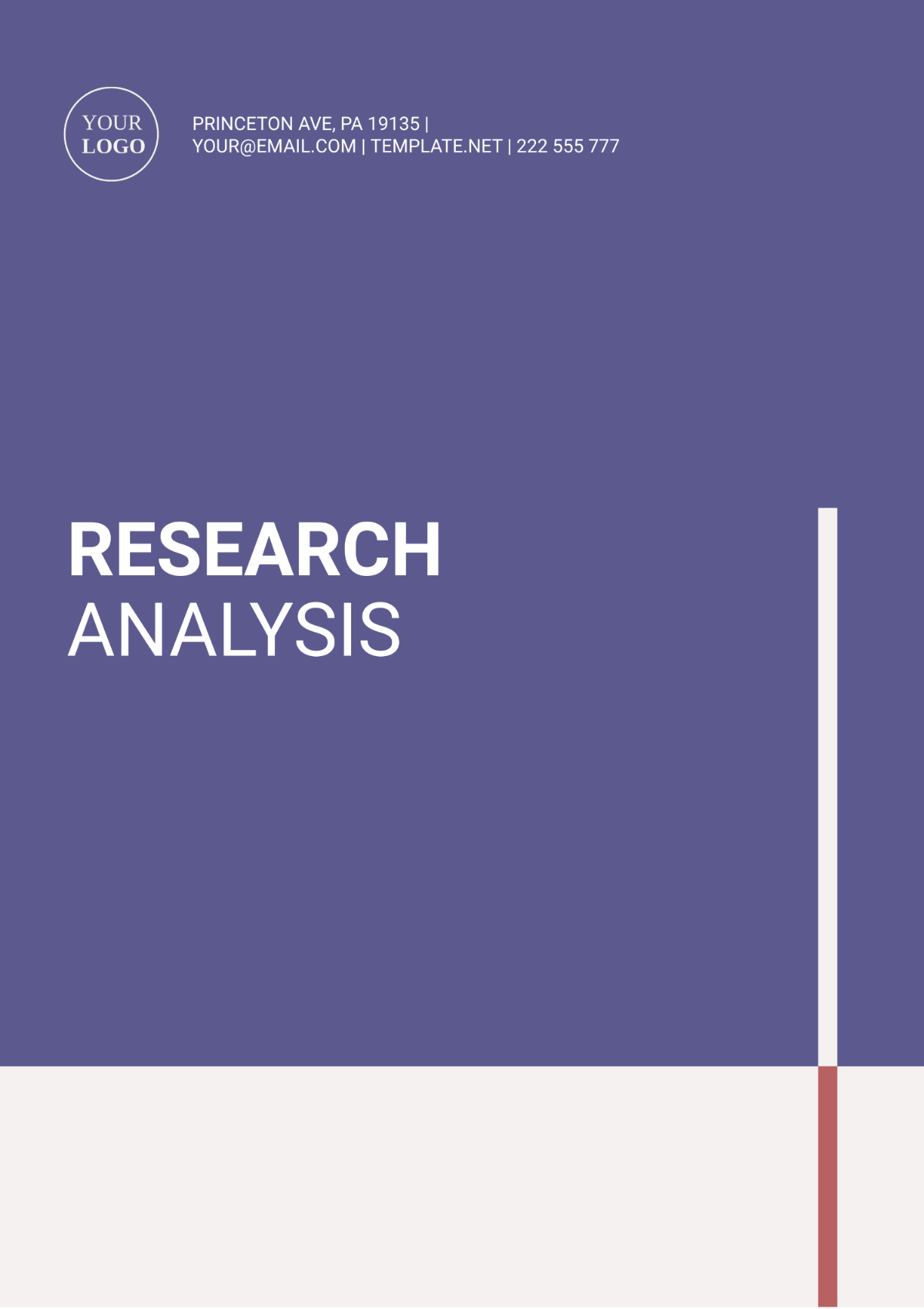Theme Synthesis in Thematic Analysis
Prepared by: [YOUR NAME]
Date: [DATE]
I. Introduction
Theme synthesis in thematic analysis is a critical step in the qualitative research process. It involves identifying, organizing, and summarizing key themes or patterns that emerge from qualitative data. This process is essential for transforming raw data into meaningful and interpretable findings.
II. Steps in Theme Synthesis
A. Familiarization with Data
The initial step involves immersing oneself in the data by reading and re-reading the material. Familiarization helps in understanding the context and nuances of the data collected.
B. Generating Initial Codes
This step involves identifying significant pieces of data and coding them. Codes are labels assigned to segments of data that appear interesting or relevant.
C. Searching for Themes
In this phase, similar codes or ideas are grouped to form preliminary themes. This process involves organizing codes into broader categories that represent patterns in the data.
Review of coded data
Identification of potential themes
Grouping similar codes
D. Reviewing Themes
Once preliminary themes are identified, they are reviewed and refined. This involves ensuring that the themes accurately represent the data and are distinct from each other.
E. Defining and Naming Themes
The refined themes are clearly defined and named. This involves writing detailed descriptions for each theme, explaining what it encompasses and why it is important.
F. Producing the Report
The final step involves synthesizing the themes into a coherent report. This includes providing a narrative account, supported by extracts from the data, to illustrate each theme.
III. Theme Synthesis: A Tabular Approach
Using a table can help in organizing and summarizing the themes effectively. Below is an example of how themes can be synthesized in a tabular format:
Theme | Description | Supporting Evidence |
|---|---|---|
Theme 1: Emotional Responses | This theme captures the range of emotional responses participants experienced during the study. |
|
Theme 2: Coping Mechanisms | Explores the various strategies participants used to cope with challenges. |
|
Theme 3: Impact of Environment | Describes how the physical and social environment influenced participants’ experiences. |
|
IV. Challenges in Theme Synthesis
A. Complexity in Data
Qualitative data is often complex and multifaceted, making it challenging to identify clear and distinct themes.
B. Subjectivity
The process of theme synthesis involves a degree of subjectivity, as researchers’ interpretations play a significant role in identifying themes.
C. Ensuring Rigor
Maintaining rigor and transparency in the synthesis process is crucial to ensure the credibility and validity of the findings.
V. Best Practices
To address the challenges, researchers can adopt several best practices:
Engage in continuous reflexivity
Use multiple coders for cross-validation
Maintain a detailed audit trail
Conduct member checking with participants
VI. Conclusion
Theme synthesis in thematic analysis is a rigorous and systematic process that transforms qualitative data into meaningful insights. By meticulously identifying, organizing, and summarizing themes, researchers can provide a clear and coherent interpretation of the data, adding value to the study and contributing to the broader field of knowledge.


